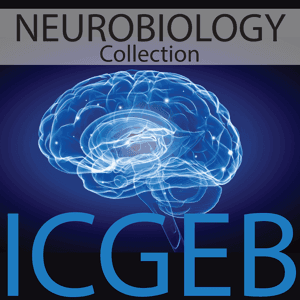Gianluca Petris, MRC Laboratory of Molecular Biology, UK speaks on "CRISPR-Cas9 and beyond: delivery, specificity and therapy".
CRISPR-Cas nucleases can be considered the most powerful technologies for genome editing. However, several difficulties may affect the success of genome editing, in particular in vivo; these include achieving efficient RNA-guided nuclease delivery, appropriate targeted genome editing, absence of off-target activity and potential immune responses (in vivo) associated with long lasting nuclease presence in target cells.I will discuss the technologies I have developed to address these challenges including i) the engineering a lentiviral vector encoding a Self-Limiting Cas9 circuit for Enhanced Specificity (SLiCES), which increases genome editing precision by controlling Cas9 levels in a programmable fashion; ii) the development of a cellular production system to generate exosome-like vesicles (VEsiCas) carrying Cas9-guide RNA ribonucleoprotein complexes, which are efficiently delivered into target cells for gene editing applications; iii) examples of microhomology-based genome engineering with potential therapeutic applications where Cas12a can be exploited more successfully than Cas9 based on the different activity of these two “blades” for genetic surgery.

























